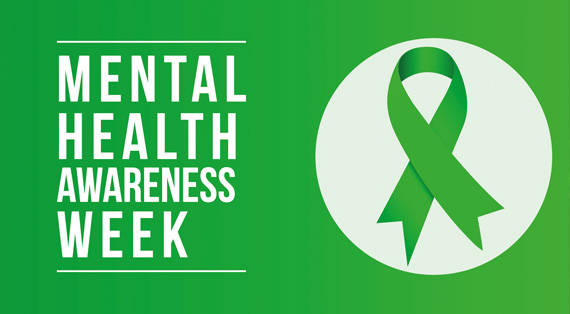Could community building be the answer to loneliness?
It’s mental health week for 2022! SWPA enjoy taking this time to take stock of the last year and see what we can do better for our team over the coming year.
This year we have decided to do something a little different, because this year’s theme of loneliness ties into a topic we are huge advocates of – building communities.
The Mental Health Foundation have great resources and advice on loneliness, and how to begin tackling it. As they succinctly put it,
‘One in four adults feel lonely some or all of the time. There’s no single cause and there’s no one solution. After all, we’re all different! But, the longer we feel lonely, the more we are at risk of mental health problems. Some people are also at higher risk of feeling lonely than others.’
A quarter of adults feeling lonely is truly a startling statistic, from their work the Mental Health Foundation is calling on several UK-wide policies to address loneliness across society, including:
- Taking a strategic approach to loneliness
- Developing the community resources needed to tackle loneliness
- Building a greener living environment that supports social contact
- Supporting children and young people with interventions in education settings
- Ensuring that everyone has access to digital communication technology, and the skills to use it, and respecting preferences for non-digital forms of communication
What is community building?
Community building is defined as a field of practices directed toward the creation or enhancement of community among individuals within a regional area or with a common need or interest.
Simply put when building new homes or making improvements to existing ones, if we think about the communities they house, we can make changes that benefit everyone.
How does community building help with loneliness?
In line with the Mental Health Foundations policy recommendations, we can build and enhance the community resources needed to tackle loneliness – the Hope Rise development is an excellent example of this. Through a SWPA framework, we worked to get 11 units built, nine for the young people in need of homes and two for the community builders – a role created to support them.
We know some groups are more at risk of loneliness and the subsequent mental health affects than others, so using this knowledge we can create the communities they need to thrive.
Together we can also ensure we are building a greener living environment that supports social contact for new homes. Simple additions or changes to plans can really enhance this – communal gardens with shared seating, or parks are some ways we can approach this.
Aside from the obvious benefit of having a shared space with other people, these spaces can be used for community events and have some surprising health benefits. As shown by this New Scientist article, the past few years have seen an explosion of research finding concrete links between increased exposure to nature and not just improved physical health, but better mental health, too.
So, let’s take action and get started!
At SWPA, our team is ready to help all public sector organisations improve and build homes and communities with our frameworks! Our Offsite Construction of New Homes framework was used by Bristol City Council and Bristol Housing Festival to compliantly procure the Zed Pods units used in the Hope Rise development.
Talk to us today or visit our website to find out more!


